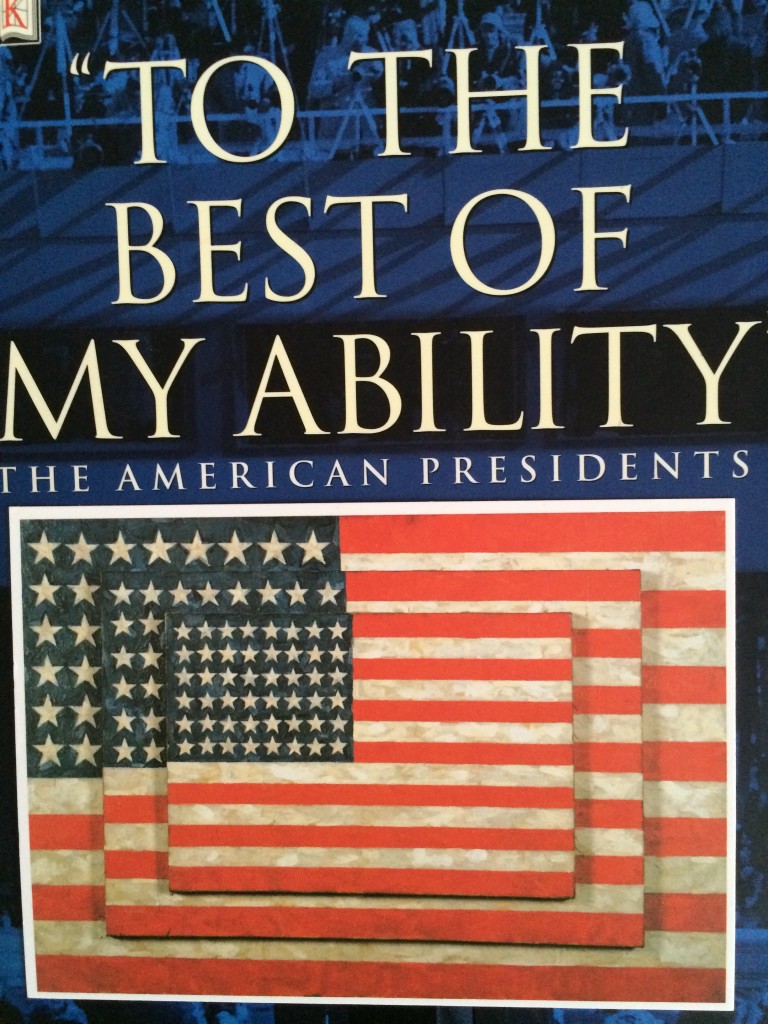 It should come as no surprise that President Obama’s “Buzzfeed” video has become a highly politicized issue, used by Republicans and Democrats alike to tout his “charismatic personality” or lambast his seemingly “indifferent attitude” to the world’s problems, depending on which side of the isle you sit on.
It should come as no surprise that President Obama’s “Buzzfeed” video has become a highly politicized issue, used by Republicans and Democrats alike to tout his “charismatic personality” or lambast his seemingly “indifferent attitude” to the world’s problems, depending on which side of the isle you sit on.
That President Obama’s every move is subject to intense scrutiny and debate is not unique to the office of the presidency. Indeed, there is a reason that John Adams once wrote: “No man who ever held the office of president would congratulate a friend on obtaining it.”
The unrelenting stress, heightened pressure and merciless criticism a President faces is nearly unimaginable – and certainly takes a toll on the mental and physical state of such men (a quick look at “before” and “after” shots of previous Presidents is a perfect case in point).
Perhaps this is why the office of the presidency is held in such high regard. Having sworn to “preserve, protect and defend the Constitution of the United States”, it is a position of immense responsibility that warrants a great amount of respect, admiration and reverence from the public.
But, it is also a position that demands someone worthy of respect, dignity and integrity to fill it – someone who upholds the cultural, moral and societal values and principles of our nation, leading us with resolution, encouraging us in times of difficulty and inspiring us in times of strength.
After all, the President is the leader of our nation – the person we look to for guidance, motivation and direction. And leaders, as American entrepreneur Jim Rohn said, ought to “be strong, but not rude; be kind, but not weak; be bold, but not bully; be thoughtful, but not lazy; be humble, but not timid; be proud, but not arrogant; have humor, but without folly.”
It is the last point that President Obama so shamelessly ignored with his participation in Buzzfeed’s video, “Things Everybody Does But Doesn’t Talk About.” Intended as it was to appeal to the millennial, selfie-fixated and “cool”-obsessed generation, it signaled not only a poor taste in judgment, but a poor understanding and gross oversight of the role that President of the United States – or, any leader for that matter – is expected to play.
It is not the job of the President to be “cool”, to conform to the likes and attitudes of the people, to show us that he is “just one of us.” And while there is certainly room for being relatable and charismatic – that is, after all, likely a major factor in why he was elected into office – a President that repeatedly plays off of his “likability” or ability to relate to us invites scrutiny of his underlying intentions as a world leader and skepticism of his leadership capabilities. As John F. Kennedy once said, “Conformity is the jailer of freedom and the enemy of growth.”
Esteemed leadership author John C. Maxwell once said, “Leaders must be close enough to relate to others, but far enough ahead to motivate them.” President Obama’s “selfie” video was not only beneath the dignity of the office of the presidency, but was a giant step back in terms of motivating, inspiring and encouraging us to grow, challenge and advance ourselves.
By “conforming” to the actions and behavior of the millennial generation – however silly or innocent they may be – he lowered himself, his office and ultimately, his authority in a way that suggests that personal growth, improvement and transformation are insignificant. In other words, “you do you” – regardless of its impact on other people.
If only President Obama recalled the words of the sixth president of the United States, John Quincy Adams, he may have thought twice about donning aviators, striking poses in a mirror, filming himself with a selfie stick and shooting a fake basketball:
“If your actions inspire others to dream more, learn more, do more and become more, you are a leader.”
Your video didn’t inspire me, Mr. President. It didn’t inspire me to dream more, learn more, do more and become more. It embarrassed and disappointed me. And it wasn’t cool, Mr. President. It just wasn’t cool.
For a similar piece on congressional ethics, please see our post, “I’ll Vote For That“, which also appeared on The Huffington Post.